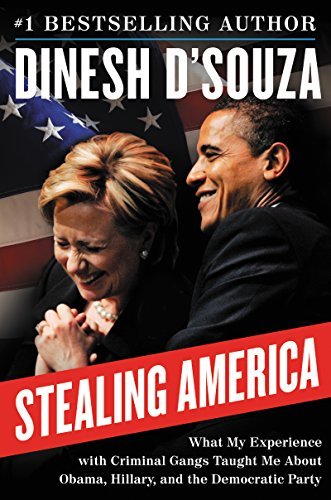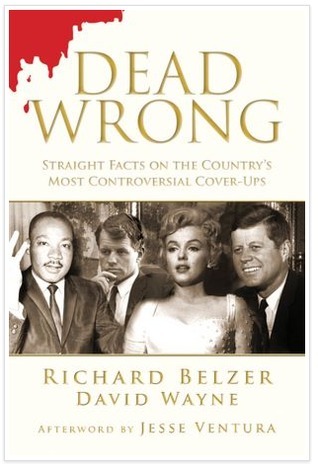
Hidden History: An Exposé of Modern Crimes, Conspiracies, and Cover-Ups in American Politics
Book Description
What if everything you thought you knew about American history was a lie? In "Hidden History," Donald Jeffries unveils a shocking tapestry of modern crimes, conspiracies, and cover-ups that have shaped the very fabric of American politics. From shadowy government operations to the puppet strings of powerful elites, each page crackles with revelations that challenge the official narrative. Step into a world where truth is buried beneath layers of deception, revealing the dark underbelly of a nation. Are you ready to confront the secrets that have remained hidden for too long?
Quick Book Summary
"Hidden History" by Donald Jeffries is a sweeping exposé that delves into the shadowy realms of American politics, questioning the authenticity of the nation’s official historical narrative. Jeffries brings together a vast range of controversial incidents, from political assassinations to classified government operations, highlighting a recurring pattern of secrecy and manipulation by powerful elites. Drawing connections between seemingly isolated events, he presents the case that major crimes and conspiracies have shaped the country far more than mainstream sources acknowledge. The book challenges readers to reconsider what they have been taught and to look beneath surface-level explanations, suggesting that much of American history is riddled with cover-ups orchestrated by those in power to maintain control and suppress dissent.
Summary of Key Ideas
Table of Contents
Governmental Secrecy and Manipulation
Donald Jeffries begins by laying out the pervasive secrecy within the United States government, asserting that much of what the public knows is filtered through a lens of deliberate obfuscation. He contends that key moments in history—ranging from wars to civil unrest—are often the result of operations and decisions hidden from public scrutiny. By illustrating how official investigations are manipulated or stifled, Jeffries suggests a systemic pattern where the truth is routinely withheld in the name of national security or public order.
Assassinations and Political Elites
The book zeroes in on high-profile political assassinations, such as those of John F. Kennedy, Robert F. Kennedy, and Martin Luther King Jr. Jeffries scrutinizes the flaws and unanswered questions in official accounts, proposing that these deaths may be linked to broader conspiracies involving powerful secretive forces. He investigates suspicious circumstances, lost evidence, and the connections between alleged perpetrators and influential organizations, arguing that these assassinations serve to reinforce the grip of elites on American political life.
Media's Role in Shaping Narratives
Media complicity is another major theme. Jeffries explores how mainstream outlets often function less as watchdogs and more as participants in maintaining the status quo. He provides examples of how journalists have ignored or discredited alternative explanations for major events, reinforcing official narratives and marginalizing dissent. Through analysis of censored stories and media blackouts, the author argues that information is carefully curated to protect entrenched interests.
Impact of Cover-Ups on Public Trust
Jeffries also discusses the consequences these cover-ups have on American society. He explains that repeated exposure to governmental deception creates a climate of suspicion and erodes public confidence in institutions. The proliferation of conspiracy theories, he posits, is both a reaction to and a symptom of official secrecy. The book details how unresolved scandals—like Watergate or the Iran-Contra affair—leave a lingering distrust, shaping both political culture and civic engagement.
Corporatism and the Influence of Power
Finally, the author traces the roots of these conspiracies to the entanglement of corporate power and government. He suggests that decision-makers in industry and finance frequently wield more influence than elected officials, pulling strings behind the scenes. By highlighting connections between influential families, multinational corporations, and political leaders, Jeffries concludes that American democracy is compromised by the undue influence of wealth and power, with the true history of the nation hidden in plain sight.
Download This Summary
Get a free PDF of this summary instantly — no email required.





